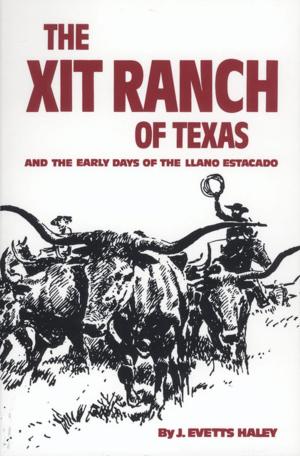Plowman's Folly
Nonfiction, Science & Nature, Technology, Agriculture & Animal Husbandry, Science, Biological Sciences, Environmental Science, Engineering| Author: | Edward H. Faulkner | ISBN: | 9780806148748 |
| Publisher: | University of Oklahoma Press | Publication: | January 6, 2015 |
| Imprint: | University of Oklahoma Press | Language: | English |
| Author: | Edward H. Faulkner |
| ISBN: | 9780806148748 |
| Publisher: | University of Oklahoma Press |
| Publication: | January 6, 2015 |
| Imprint: | University of Oklahoma Press |
| Language: | English |
Mr. Faulkner’s masterpiece is recognized as the most important challenge to agricultural orthodoxy that has been advanced in this century. Its new philosophy of the soil, based on proven principles and completely opposed to age-old concepts, has had a strong impact upon theories of cultivation around the world. It was on July 5, 1943, when Plowman’s Folly was first issued, that the author startled a lethargic public, long bemused by the apparently insoluble problem of soil depletion, by saying, simply, “The fact is that no one has ever advanced a scientific reason for plowing.” With the key sentence, he opened a new era.
For generations, our reasoning about the management of the soil has rested upon the use of the moldboard plow. Mr. Faulkner proved rather conclusively that soil impoverishment, erosion, decreasing crop yields, and many of the adverse effects following droughts or periods of excessive rainfall could be traced directly to the practice of plowing natural fertilizers deep into the soil. Through his own test-plot and field-scale experiments, in which he prepared the soil with a disk harrow, in emulation of nature’s way on the forest floor and in the natural meadow, by incorporating green manures into its surface, he transformed ordinary, even inferior, soils into extremely productive, high-yield croplands.
Time magazine called this concept “one of the most revolutionary ideas in agriculture history.” The volume is being made available again not only because farmers, ranchers, gardeners, and agriculturists demanded it, but also because it details the kind of “revolution” which will aid those searching for the fruits of the earth in the emerging nations.
Mr. Faulkner’s masterpiece is recognized as the most important challenge to agricultural orthodoxy that has been advanced in this century. Its new philosophy of the soil, based on proven principles and completely opposed to age-old concepts, has had a strong impact upon theories of cultivation around the world. It was on July 5, 1943, when Plowman’s Folly was first issued, that the author startled a lethargic public, long bemused by the apparently insoluble problem of soil depletion, by saying, simply, “The fact is that no one has ever advanced a scientific reason for plowing.” With the key sentence, he opened a new era.
For generations, our reasoning about the management of the soil has rested upon the use of the moldboard plow. Mr. Faulkner proved rather conclusively that soil impoverishment, erosion, decreasing crop yields, and many of the adverse effects following droughts or periods of excessive rainfall could be traced directly to the practice of plowing natural fertilizers deep into the soil. Through his own test-plot and field-scale experiments, in which he prepared the soil with a disk harrow, in emulation of nature’s way on the forest floor and in the natural meadow, by incorporating green manures into its surface, he transformed ordinary, even inferior, soils into extremely productive, high-yield croplands.
Time magazine called this concept “one of the most revolutionary ideas in agriculture history.” The volume is being made available again not only because farmers, ranchers, gardeners, and agriculturists demanded it, but also because it details the kind of “revolution” which will aid those searching for the fruits of the earth in the emerging nations.















